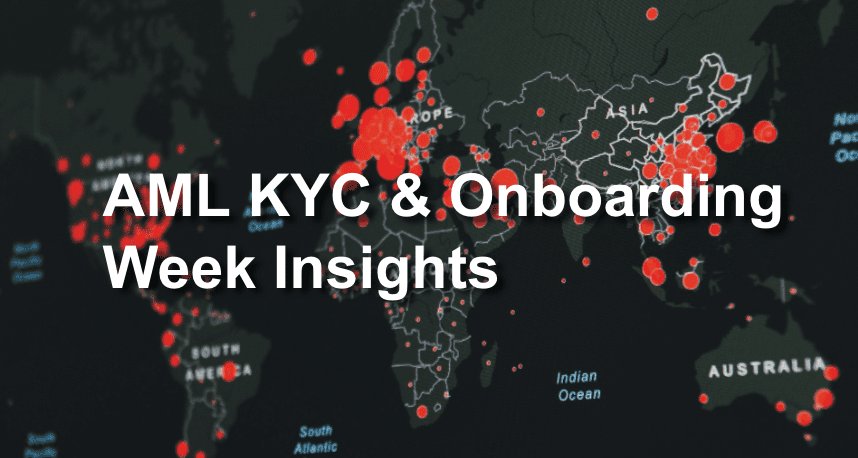United Kingdom
1. HM Treasury outlines next steps on money laundering rules and FCA finalises PEPs guidance
On July 17, 2025, HM Treasury published the consultation outcome to improve the Money Laundering Regulations focused on customer due diligence (CDD) and enhanced due diligence (EDD), including the introduction of mandatory CDD for pooled client accounts. The revisions aim to make EDD requirements more proportionate by amending terms from “complex or unusually large” transactions to “unusually complex” ones. Firms must continue to assess risks related to geography, product, and customer to decide on enhanced scrutiny. The Financial Conduct Authority also finalized its guidance on Politically Exposed Persons (PEPs) compliance.
Takeaways:
– Adjust due diligence procedures to recent clarifications on EDD triggers, focusing on proportionality.
– Maintain robust risk assessments incorporating geography and product factors.
– Review FCA’s updated guidance on PEPs to align internal policies.
2. Mandatory identity verification on Companies House from 18 November 2025
From 18 November 2025, Companies House will require new company directors and people with significant control (PSCs) to verify their identity to incorporate or manage a company. Existing directors and PSCs will need to confirm their identity verification within a 12-month transition period linked to their next confirmation statement or an appointed day. This phased rollout aims to enhance business transparency, reduce fraud, and improve the accuracy of Companies House data, with identity verification available free online via GOV.UK One Login.
Takeaways:
– ID checks will reduce fraud risk, helping financial institutions avoid dealings with fake companies and meet financial crime prevention obligations.
– Check internal policies are aligned with new ID verification rules.
United States
3. Trump signs executive order banning alleged debanking practices
The President Donald Trump signed an executive order aimed at penalizing banks that “de-bank” conservatives, meaning closing or denying accounts based on political or religious affiliations. This move responds to allegations that banks, under pressure from regulators, have discriminated against conservatives, cryptocurrency industry participants, and certain lawful but controversial sectors. The order directs federal regulators to prevent these politicized or unlawful banking denials and to restore services to affected clients, reinforcing “fair access” to banking for all Americans.
Takeaways:
– US financial institutions must review and update policies to remove reputational risk standards that could cause discriminatory account actions, in line with this new order.
Sources: https://www.whitehouse.gov/presidential-actions/2025/08/guaranteeing-fair-banking-for-all-americans/

